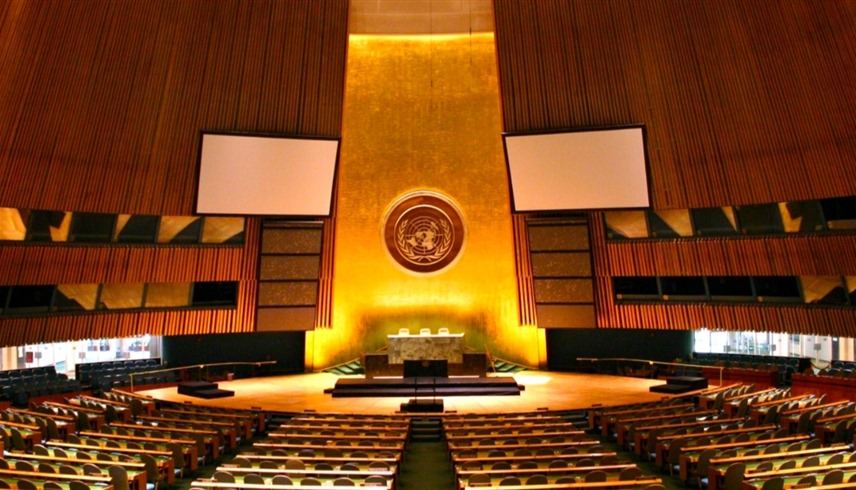Dutch and Hungarian Pushbacks Against EU Migration Rules
The governments of the Netherlands and Hungary are taking unprecedented measures to opt-out from European Union's asylum regulations, stirring considerable controversy across the bloc.
Published September 19, 2024 - 00:09am

Image recovered from washingtontimes.com
The governments of the Netherlands and Hungary have signaled strong opposition against the European Union's asylum regulations. Recently, the new Dutch government, dominated by the far-right party led by Geert Wilders, officially requested an exemption from its migration obligations. This move seeks to fulfill a campaign promise to drastically reduce the number of immigrants in the nation.
Dutch Migration Minister Marjolein Faber wrote to the European Commission, stating that the Netherlands aims to regain control of its asylum policy. I have just informed the EU Commission that I want a migration opt-out within Europe for the Netherlands. We need to be in charge of our own asylum policy again!, Faber expressed in her letter to Ylva Johansson, the European Commissioner for Home Affairs.
The Dutch government, which came to power in July, has already announced policies to hold back or expel migrants who do not qualify for asylum. The coalition's blueprint for the coming year includes declaring an “asylum crisis” to introduce tougher measures such as reining in visas for family members of asylum grantees and accelerating the deportation of ineligible migrants.
However, the European Commission has cautioned the Netherlands that its approach is unlikely to be successful. We have adopted legislation. It's adopted. You don't opt out of adopted legislation in the EU, noted spokesman Eric Mamer. The Dutch Advisory Council on Migration also reported that a Dutch opt-out would require amending the treaty, a measure that would need agreement from all 27 EU member states, which is deemed improbable.
The Netherlands is not alone in this controversial stance. Hungary, under Europaminister Janos Boka, has similarly announced its intent to withdraw from the EU's asylum regulations. Against illegal migration, hard measures are necessary, Boka asserted, emphasizing Budapest's decision pending possible EU Treaty amendments.
Both countries' moves have sparked debates within the bloc. Critics argue that permitting such opt-outs could open doors for other populist right-wing governments to seek similar exemptions, potentially undermining the EU's unified approach to asylum and migration.
Prime Minister Dick Schoof of the Netherlands outlined the new immigration policy, claiming it was essential to counter the asylum crisis the country faces. We cannot continue to bear the large influx of migrants into our country, he said. King Willem-Alexander also endorsed a stricter asylum policy during a parliamentary address, describing it as faster, stricter, and more modest.
Frictions are evident within the coalition itself, which includes Wilders's PVV, the farmers' party BBB, the right-wing liberal VVD, and the anti-corruption NSC. NSC's acting parliamentary leader Nicolien van Vroonhoven stated that her party would back stringent immigration measures only if they receive approval from the Council of State advisory body. This led to a public dispute with Wilders, further exposing coalition tensions.
Hungary faces similar hurdles, as an opt-out would also necessitate unanimous approval from all member states. The current consensus appears to be that these moves by the Netherlands and Hungary are unlikely to succeed, due to required treaty amendments and the potential redistribution burden on other EU member states.
The ongoing issue highlights the broader challenges the EU faces in harmonizing asylum and immigration policies amongst its diverse membership. While previous opt-outs, such as Denmark's exemption from the common asylum policy or Ireland's special status in the Schengen zone, were part of broader treaty negotiations, the current unilateral requests by the Netherlands and Hungary represent a significant departure from established norms.
The situation reflects deepening divides within the EU, as nations grapple with balancing national sovereignty against collective European commitments. The Dutch and Hungarian governments' hardline stances, rooted in domestic political pressures, underscore the complex dynamics at play as the European Union seeks to navigate its future migration policies.





